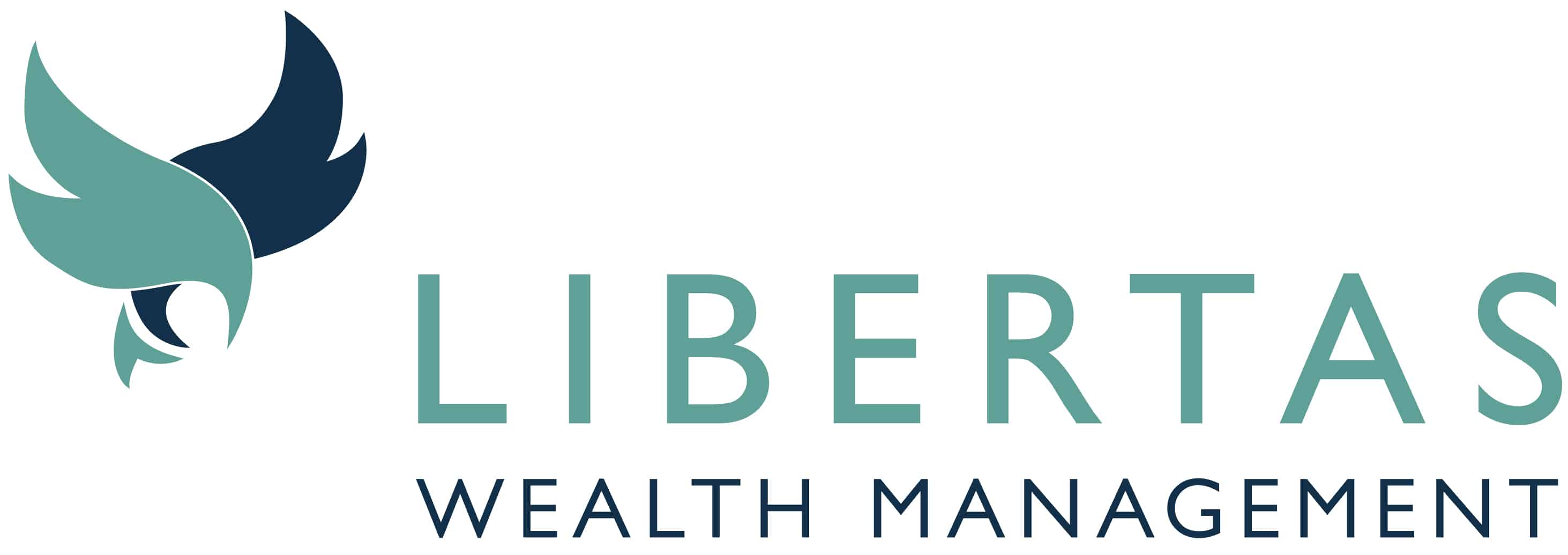Growing uncertainty over the future cost of care the main concern
Increasingly, we read and hear about how the Bank of Mum and Dad is being stretched to the limit, as children are making increasing calls on its limited resources. However, research shows that a quarter (24%) of over-55s[1] are not planning to pass on any wealth in their lifetime over fears they could face crippling care costs in old age.
This means that an estimated 4.8million[2] parents and grandparents will delay passing on wealth until after their death because of growing uncertainty over the future cost of care. The findings reveal how a lack of clarity on social care funding is hindering the movement of wealth down generations. This later transfer of wealth could impact on younger generations the hardest, many of whom depend on financial support from relatives to get on the housing ladder or pay university fees.
Gifting unlimited sums
Under current rules, people can gift unlimited sums – known as ‘potentially exempt transfers’ – which are free of Inheritance Tax if the individual making the gift survives by seven years. Individuals can also pass on wealth using a £3,000 annual gift exemption.
Baby boomers are growing more cautious about passing on wealth in their lifetime in case they are hit by huge care bills in old age. As older generations hold onto their wealth for longer, younger people could find access to the Bank of Mum and Dad is increasingly restricted, or cut off altogether. For many young people, this could mean the dream of buying a first home or going to university slips further out of reach.
Fears over social care
Overall, nearly two thirds (59%) of over-55s will not pass on any of their wealth while they are still alive. As well as a quarter citing fears over social care, a fifth (16%) said worries of running out of money in retirement prevented them from passing on their wealth, while a third (32%) said they would like to spend their savings and pass on what is left.
Fewer than a quarter (22%) of over-55s have already contributed or intend to contribute to a house deposit for a family member, while an equivalent figure (23%) have paid or intend to pay towards a relative’s university fees.
Build up a nest egg
Parents who save small sums early on in their child’s life could build up a nest egg they can pass on without jeopardising their own retirement or ability to pay for care. Making small, regular contributions to a Junior ISA is a good way to build up a nest egg for your child by the time they turn 18.
These accounts keep savings out of the taxman’s reach, where they can grow tax-efficiently until adulthood and beyond. Investing just £50[3] a month into a Junior ISA from birth could grow into a pot of £14,800 by the time a child reaches their 18th birthday. τ
Source data:
[1] Research for Zurich 22 August 2019 – all figures, unless otherwise stated, are from YouGov Plc. Total sample size was 2,012 adults. Fieldwork was undertaken between 8 and 9 May 2019. The survey was carried out online. The figures have been weighted and are representative of all GB adults (aged 18+).
[2] ONS population stats show there are an estimated 20,132,486 people aged 55 and over in the UK @24% = 4,831,796
[3] Based on £50 invested every month for 18 years, assuming a balanced investment portfolio and ongoing charges of 1.75%
INFORMATION IS BASED ON OUR CURRENT UNDERSTANDING OF TAXATION LEGISLATION
AND REGULATIONS.
ANY LEVELS AND BASES OF, AND RELIEFS FROM, TAXATION ARE SUBJECT TO CHANGE.
PAST PERFORMANCE IS NOT A RELIABLE INDICATOR OF FUTURE PERFORMANCE.
Disclaimer: The information provided in our website blogs is accurate and up-to-date at the time of writing. However, please be aware that legislative changes and updates may occur after the publication date, which could potentially impact the accuracy of the information provided. We encourage readers to verify the current status of laws, regulations, and guidelines relevant to their specific circumstances. We do not assume any responsibility for inaccuracies or omissions that may arise due to changes in legislation or other factors beyond our control.
If you would like any clarification, or have any questions, please get in touch.





